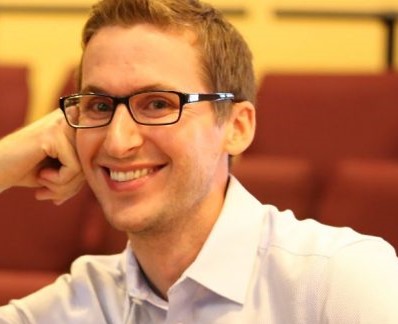About
Russell Ronnebaum, a Kansas native, earned a Bachelor of Music degree in
piano performance from the University of Kansas. He then attended the
University of Arizona where he received a Masters Degree in collaborative piano under the guidance
of Dr. Paula
Fan.
As a collaborative pianist, Russell frequently performs with the T
ucson Symphony Orchestra (TSO)
and the
Tucson Masterworks Chorale.
This year he has performance and compositional
engagements with Artifact Dance Project and The Rogue Theatre
of Tucson
. Past engagements
have been with reputable Tucson organizations such as Arizona Opera,
Arizona Repertory Singers,
and
Tucson Arizona Boys Chorus
.
In 2015, Russell was chosen to be the principa
l keyboardist for the American
Wind Symphony Orchestra’s annual summer tour. Russell made his Carnegie
Hall debut in 2016 performing at the piano with
American
composer Dan Forrest
.
Mr. Ronnebaum recorded and released his first album of concert arrangem
ents
and original works
for piano titled “Winter Scenes” in 2015. Recent commissions
and premieres include music for voice,
choir, piano, string orchestra, and live
theatre.

